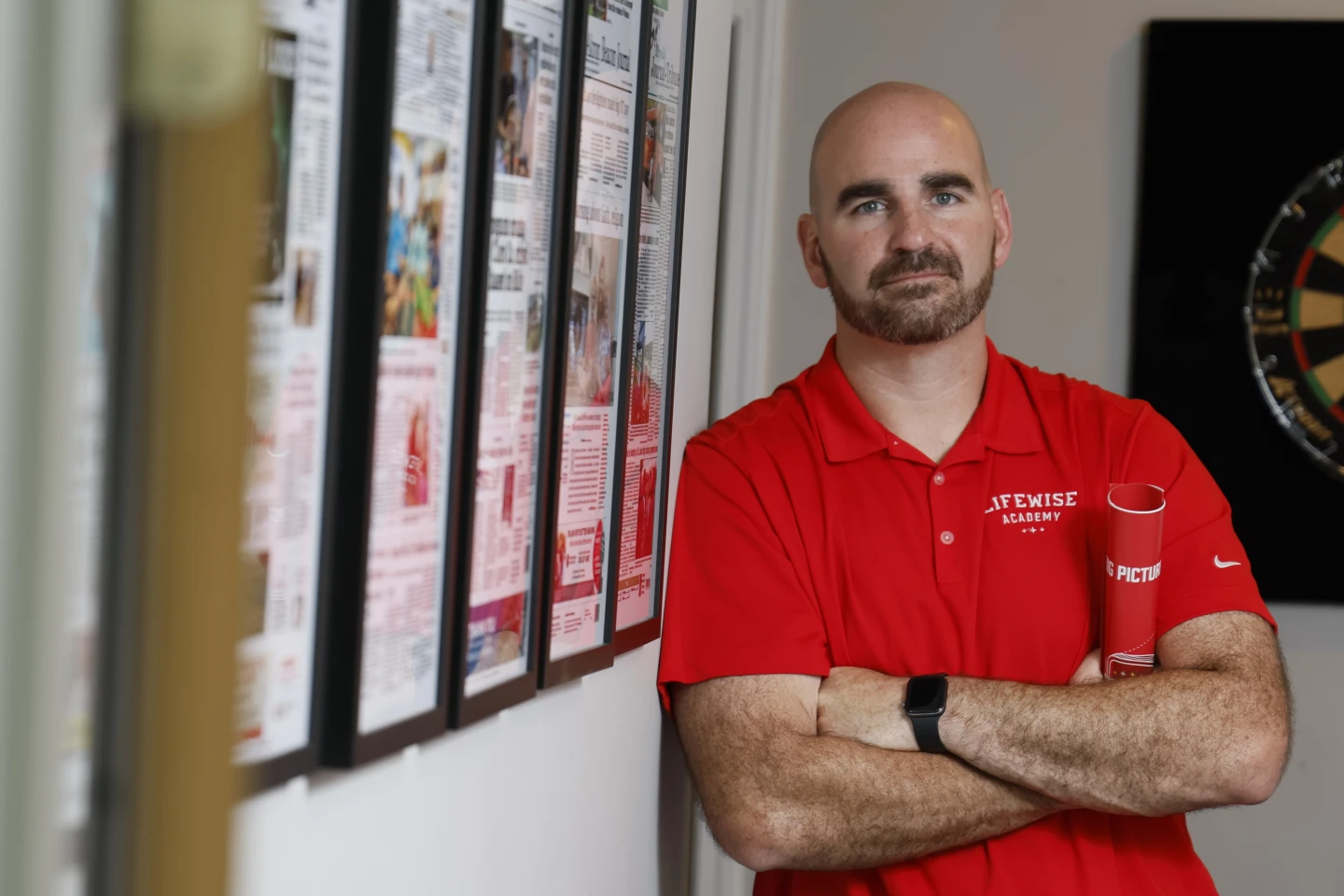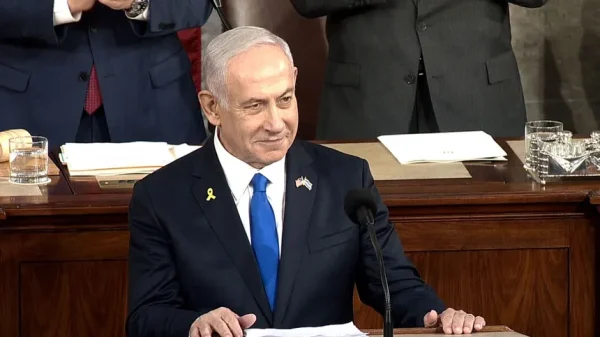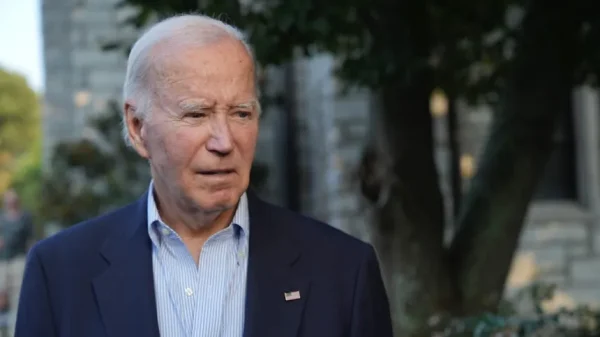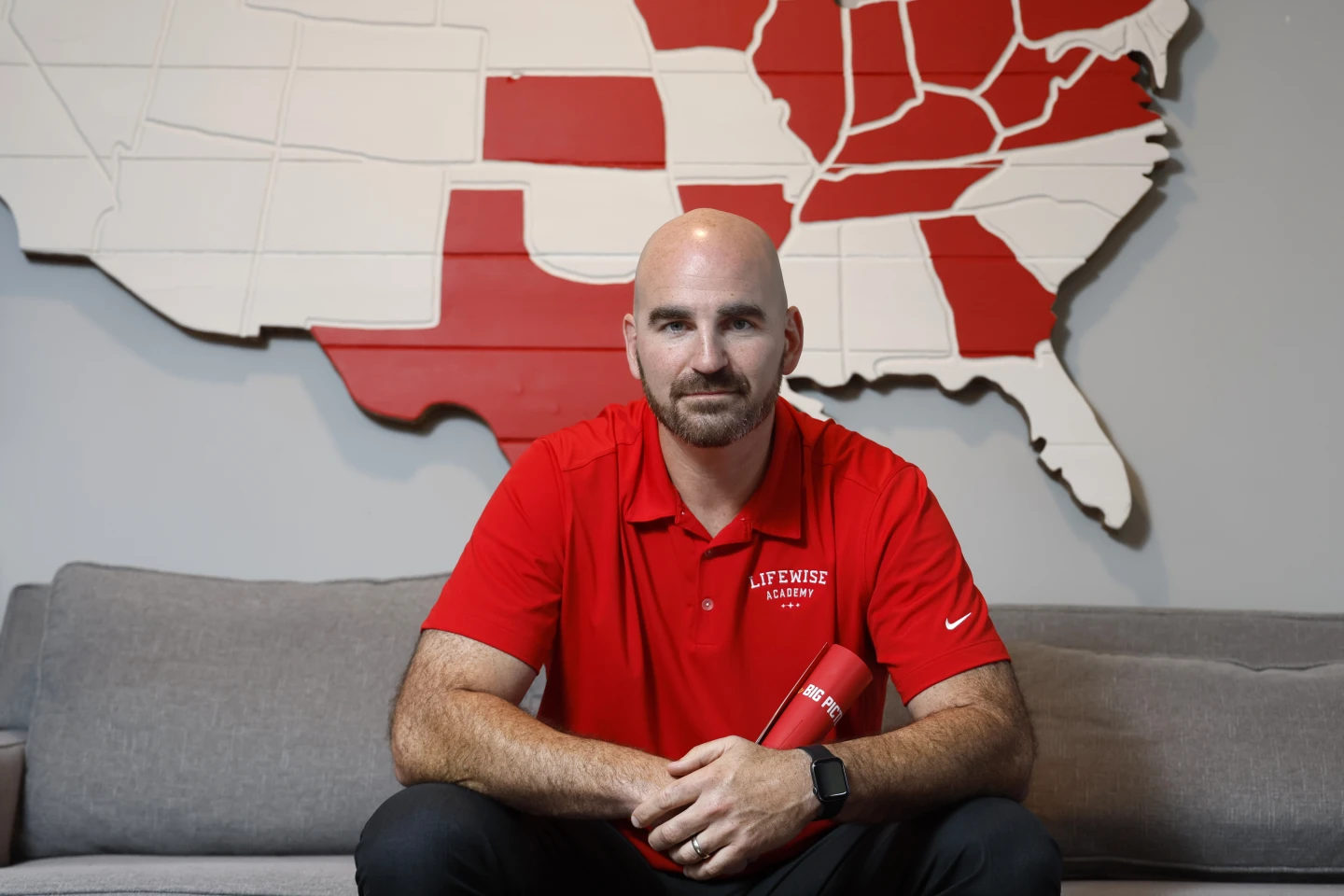A nonprofit from Ohio that offers Bible lessons to public school students outside of school premises during regular classes says it will expand its programs in Indiana this autumn after new laws required school districts to participate.
For families involved, LifeWise Academy’s non-denominational programs add to religious education.
But critics in Indiana are concerned these programs use public school resources for religious purposes, may attempt to convert students from different faiths and disrupt classes in a state already dealing with literacy issues.
Joel Penton, founder and CEO of LifeWise, told The Associated Press that many parents want religious education to be part of their children’s schooling.
“Faith values and teachings from the Bible are very important to many families,” Penton said. “They want to show their children that these beliefs are central to their lives.”
Under the First Amendment, public schools cannot endorse any religion. However, a 1952 Supreme Court decision involving New York schools paved the way for programs like LifeWise.

Joel Penton poses at LifeWise Academy (Via Alex Marsh/Getty Images)
Religious groups often team up with schools to conduct programs off campus, and these activities are not regulated in certain states.
According to Penton, LifeWise representatives have supported legislation in Oklahoma and Ohio that mandates schools to collaborate with external religious programs. Oklahoma’s Republican governor recently signed one such bill into law.
Similar bills have been proposed this year in Ohio, Nebraska, Georgia, and Mississippi, according to an analysis by the AP’s Plural, a legislative tracking database.
Penton said LifeWise plans to offer programs at more than 520 locations across 23 states next school year, up from 331 locations in 13 states this year. Approximately 31,000 students currently attend LifeWise programs in the U.S.

























